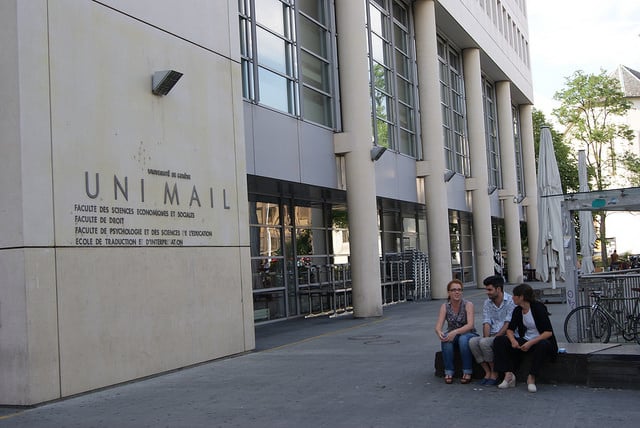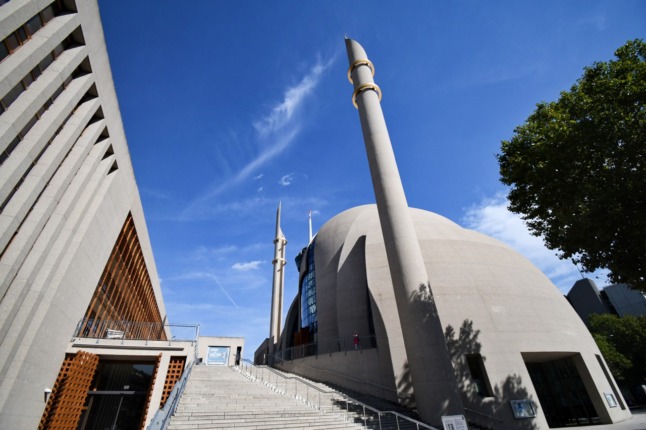ISLAM
Geneva University launches new course to help imams integrate in Swiss society
As the academic year begins at the University of Geneva (Unige), a new programme is on offer that aims to help imams in Switzerland integrate into Swiss society.
Published: 18 September 2017 11:24 CEST

Geneva University. Photo: Jack/Flickr
Speaking to La Tribune de Genève, Unige’s rector Yves Flückiger said the new programme would include courses in French language, political philosophy, human rights and ethics.
The optional programme is open to imams and people who teach in Islamic centres and has come out of discussions with Geneva cantonal government, he said.
Though normally participants would pay for it, the pilot year is being funded by Unige and the canton, which will cover the 10,000 franc per person costs for 10-12 participants.
“Our mission is not to train imams but to contribute to their integration,” said Flückiger.
Besides the programme for imams, the university will also offer courses teaching Islamic theology to all students, and a series of conferences focusing on Islamic thought.
The initiative is in keeping with the university’s international outlook, Flückiger said, in the same vein as last year’s new scheme, Horizon Academique, which allowed 35 refugee students to sit in on classes for free.
Url copied to clipboard!


 Please whitelist us to continue reading.
Please whitelist us to continue reading.